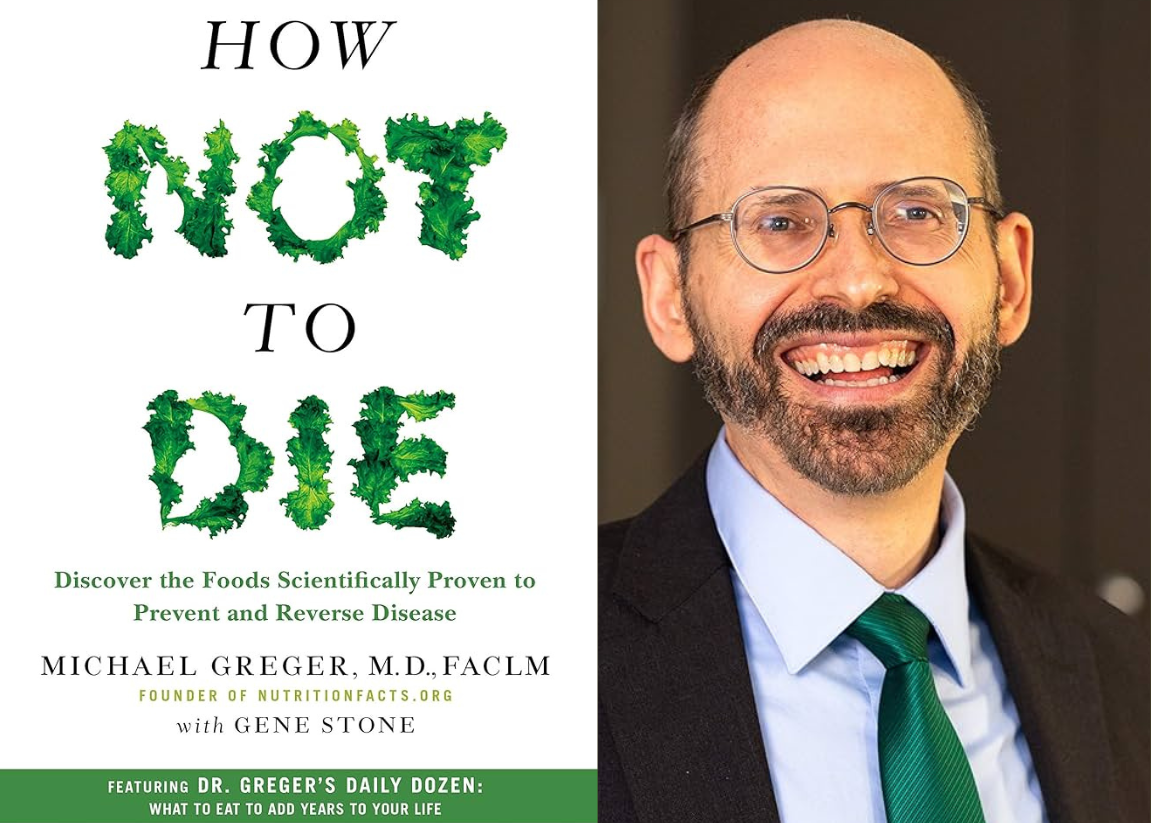Radical New Law Seeks To End U.S. Factory Farms By 2040
Senator Cory Booker and a coalition of 300 organizations are among those who have signed a letter to Congress supporting the Farm System Reform Act, which will address America’s “savagely broken” food system.
Rescue pig “Captain Dan” at Happily Ever Esther Farm Sanctuary. Credit: Jo-Anne McArthur / We Animals
A radical new piece of legislation will revolutionize America’s current food system, in seeking to phase out factory farms across the country by 2040.
Having last week been signed by a coalition of 300 farm, food, and environmental advocacy organizations, the Farm System Reform Act poses the most serious challenge yet to controversial CAFOs (Concentrated Animal Feeding Operations).
Promoted by Senator Cory Booker, the legislation will “revitalize independent family farm agriculture and rural communities”, by placing a moratorium on new and expanding CAFOs, and offering financial incentives to farmers looking to move away from factory farms.
For Booker, serious political issues such as public health, global warming, and social inequality, are bound up in the country’s “savagely broken” food system.
“What’s motivating me is that I think we need to really sound the alarm in America”, he told The Guardian. “Everybody is losing in this system - except for the massive corporations that have taken over the American food system”.
One of the most obvious losers in the current system are of course the animals. CAFOs are industrial-sized livestock farms, mainly housing pigs, chickens, and cows, who are often confined to small boxes or stalls in huge, windowless buildings. Hundreds or thousands, or even millions, of animals can be imprisoned inside these buildings for their entire lives, kept in hellish conditions, to produce vast quantities of meat, eggs, and milk.
Other victims of CAFOs include those living nearby, who are at risk of pollution and disease. “I’ve watched the suffering in North Carolina of minority communities who live around CAFOs and can no longer breathe the air”, explains Booker.
In trying to dispose of the huge amounts of waste and feces, CAFOs pollute the air, land, and water of the surrounding communities. For example, waste is usually sprayed or spread onto farm fields, where the nutrients can pass through the soil into groundwater and drinking water.
Of the 168 gases emitted from CAFO waste, hydrogen sulfide is one of the most dangerous to human health, with its effects ranging from headaches, nausea, to brain damage. Inside the buildings, the air pollution is so dangerous that fans are needed to run at all times. “Normally these fans simply blow the contaminated air to the outside where it can pollute the whole community”, says the environmental organization, Sierra Club. “Poultry operations blow the ammonia and particulate matter, including feathers and feces out of the buildings”.
CAFOs also contribute to global warming, as they require large amounts of electricity to run continuously, for fans, lighting, and equipment, while millions of gallons of fresh water is used every day to wash away the feces.
In light of COVID-19, the threat to human health posed by CAFOs is even more terrifying.
Meatpacking plants have emerged as virus outbreak locations across the country, and at the height of the pandemic, over 35,000 workers had tested positive for the virus. 10,000 of these were employed by Tyson Foods, the biggest meat processor in the country.
Many of the workers, says Booker, are from immigrant communities and communities of color, and are poorly paid. In the Farm System Reform Act, Booker has set out plans to strengthen workers’ rights.
In July, Booker put forward a bill opposing the increase of production line speeds, claiming that the health of workers should come before profits.
At the time, he criticized the meat companies for failing to protect its employees, and accused them of using the pandemic to falsely warn of meat shortages, while exporting record amounts of meat abroad, and drastically increasing prices for American consumers.
The fears over meat shortages saw Donald Trump sign a controversial executive order, to keep meatpacking plants open during the pandemic.
“Our food system was not broken by the pandemic, and it was not broken by independent family farmers. It was broken by large, multinational corporations like Tyson, Smithfield, and JBS that, because of their buying power and size, have undue influence over the marketplace and over public policy”, Booker said.
This new legislation poses the most genuine attempt to shake up the current food system.
More stories:
Species Unite
A collection of stories of those who fight the good fight on behalf of animals.




A prosecutor’s deal gave America’s second-largest beagle breeder until July 1, 2026 to “dispose” of its dogs, while a bipartisan adoption bill faces amendments critics say could doom them.